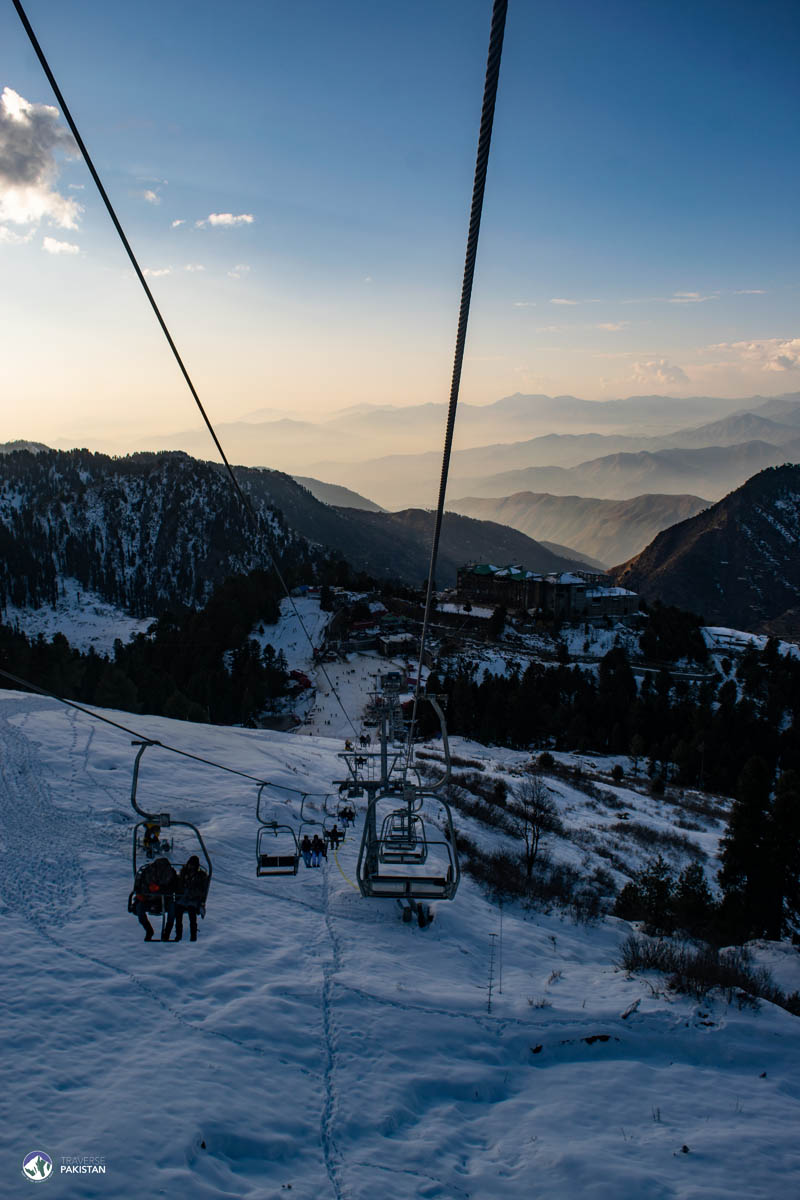Lower swat is quite wide with an average altitude of 1000m ranging to 3000m in upper swat. Accessible throughout the year (except extreme snowfalls), its known for its luscious peach orchards & Ski Resort in Malam Jabba.
Historically it could be the most interesting valley of Northeren Pakistan, dating back to Stone age. A wave of Aryans from Central Asia established Hinduism in the region and composed oldest religious text in the world i.e. “Rig Veda”. In 2nd century BC, Alexandar invaded swat on his way to Afghanistan thus enabling Buddhism to flourish from 2nd century BC to 9th century AD, leaving behind a legacy of stone sculptures and monasteries. Padmasambhava, the great tantric master was born in swat and brought Buddhism to Tibet and founded Nyingma order. Later in 11th century Mahmud Ghaznavi took over the valley thus beginning an era of Islam that is in practice till date throughout the region.
Kalam, Ushu and Mahudand Lake are well known attractions. Swat is also favourable for hiking with plenty of mild to medium level treks leading upto lakes and high altitude meadows.
Flak Sar is the highest mountain of region with an elevation of 5957m, and can be seen from Ushu valley.
